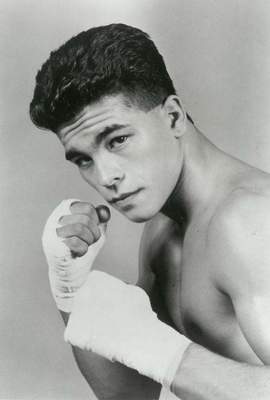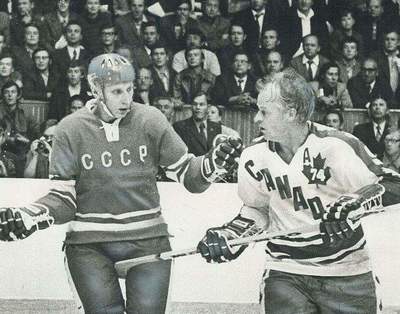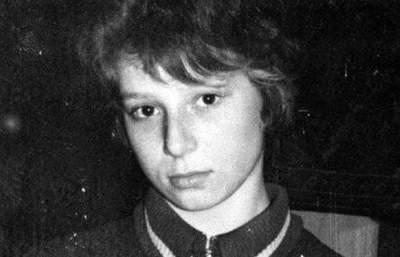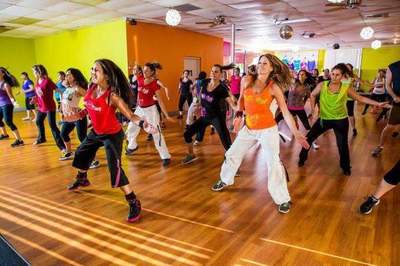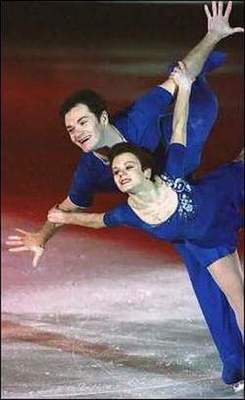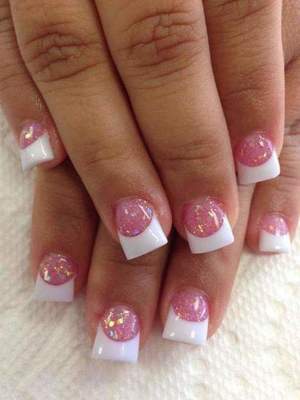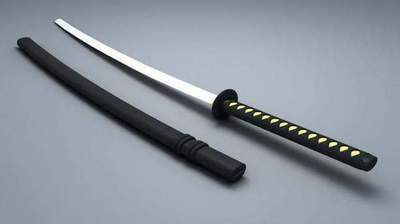Dreams are not enough: how to become a super hairdresser

At the barber profession complex reputation. This stylist who prepares the models for the exit at the podium of the world, and the woman out of the salon in the basement of the house opposite, which is not asked all the same cuts. Heroine understand what distinguishes high quality barber from the mediocre and how to become successful in this business. We turned to the hairdressers BritBob school and learned how to learn from the hairdresser and why this is not the best choice for those who have decided on a quick change profession.
How long does it need to learn hairdressing
Ways to several barber profession. This may be a college or university - is important for those who have just graduated from high school.
Those who do not want to become a student again, choosing courses in hairdressing centers and schools. Such proposals weight, different schools promise to teach hairdressing from zero in the short term - one to three months.
As explained in BritBob, to master the basic theory haircut can really be a couple of weeks. But to become a hairdresser in the past month is unreal - we need hundreds of hours of practice under the guidance of experienced professionals. You want to become a professional, and not just to cut friends and acquaintances, be ready to work hard and constantly improve their qualifications.
The deal on hairdressing courses
Even the basic level of training of hairdressers includes an extensive set of skills. The specialist must be able to build a shearing geometry to calculate the color of the paint applied to the hair and to know the basic techniques of laying. Not only learn to cut, you need to understand what hairstyle will suit a particular face shape, and be able to properly implement it. Before you get a diploma school barber shop, you have to listen to the general theory, to get acquainted with the technology haircuts and coloring, and work about 300 hours of practice. Final stage - an examination, as in ordinary school.
In addition to the course, based on the classic British machinery, BritBob there are two basic directions: classic hairstyle and coloring techniques with the methods of the world's leading hairdressing schools.
At a basic stage upscale barber training ends. This is only a framework, which allows to go into more sophisticated technology to monitor trends and to develop his own style.
For experienced craftsmen schools prepare master classes, workshops and individual training. They tend to focus on a more detailed study of a particular subject. For these intensives need experience in hairdressing at least a year.
Select a course
How to get international experience
Another mandatory item in professional development - to monitor trends. To do this, you need to constantly cook in a professional environment and gain experience from foreign colleagues.
The creators BritBob went to different schools in the world, has not yet defined for themselves the absolute leader and legislator hair fashion - London. They won the Academy of Hairdressing Art Vidal Sassoon and Tony & Guy, and now the artistic director of the London Academy of BritBob regularly come to give master classes. School friends and other British professionals, among them Jan Przhemyk, who teaches all over the world, as well as the author of the majority of modern avant-garde trends in colors of Kim Martin.
English master come to BritBob twice a year. Even one session with the foreign masters will help expand your ideas about the art of hairdressing, and will be a powerful motivation for the development of the charge. Though limited to one master class is unlikely to succeed - meeting with the best in the business only fueling interest in the profession.
Learn more about the courses of foreign specialists
The Moscow School of hairdressers BritBob - a project group of teachers of hairdressing, which decided to improve the level of professional education in this field in our country. The art team BritBob practicing craftsmen who constantly exchange experiences with colleagues and London masters.































